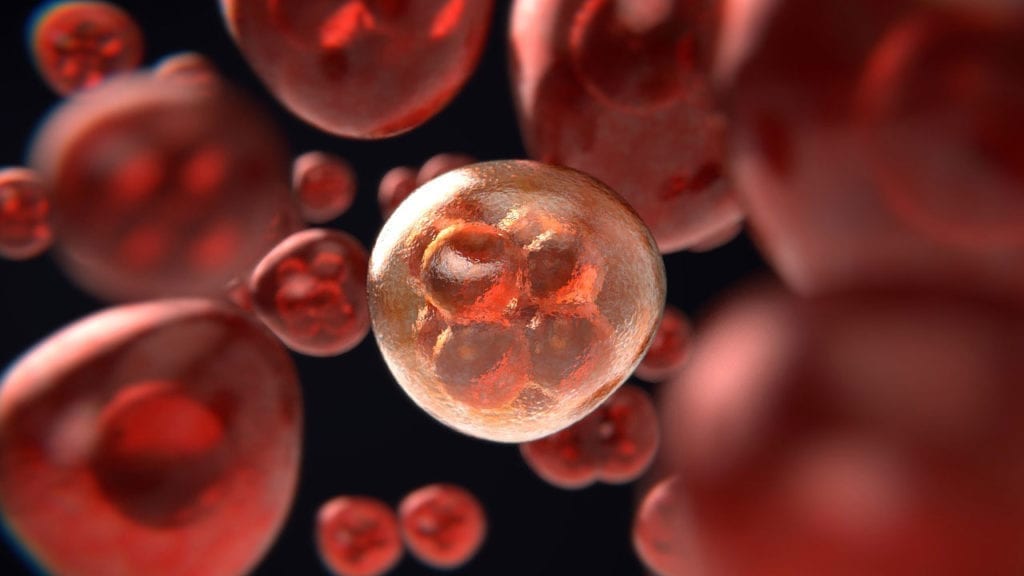In early October, the FDA approved an Investigational New Drug Application (IND) for APR-548, a potential treatment for patients with TP53 mutant myelodysplastic syndromes (MDS). According to a press release from biopharmaceutical company Aprea Therapeutics (“Aprea”), the IND acceptance now means that Aprea can launch a Phase 1 clinical trial to evaluate the safety, efficacy, tolerability, and pharmacodynamics of APR-548.
APR-548
Developed by Aprea, APR-548 is described as:
a next-generation small molecule reactivator of mutant p53.
The therapy will be orally administered. APR-548 aligns with Aprea’s overall values and goals: to develop p53 reactivators for patients with various cancers, such as MDS and acute myeloid leukemia (AML). In around half of all cancers, the p53 tumor suppressor gene is mutated. As a result, patients develop difficult to treat cancers, reducing survival rate and quality of life (QOL).
As a result, Aprea is committed to developing unique treatments to fill these unmet needs. So far, APR-548 reduced tumors and prevented disease progression in mice models. Outside of APR-548, Aprea developed another lead candidate called eprenetapopt, another p53 reactivator. Eprenetapopt works by causing cancer cell death, and has shown to be effective in MDS, AML, and ovarian cancer. This treatment received Orphan Drug, Fast Track, and Breakthrough Therapy designations from the FDA.
Myelodysplastic Syndromes (MDS)
There are five subsets of myelodysplastic syndromes (MDS), progressive conditions which prevent enough health blood cells from developing in bone marrow. These subtypes are refractory anemia, refractory anemia with sideroblasts, refractory anemia with excess blasts, refractory anemia with excess blasts in transformation, and chronic myelomonocytic leukemia. Researchers are unclear what causes these conditions, but some estimate that causes may include genetics, chemical exposure, or chemotherapy. In around half of all cases, MDS progresses to become AML. Generally, MDS affects patients older than 60. Males are more often affected than females.
Symptoms include:
- Anemia (low red blood cell count)
- Neutropenia (low white blood cell count)
- Thrombocytopenia (low platelet count)
- Easy bruising and bleeding
- Fatigue
- Low energy
- Heart palpitations
- Chest pain
- Palor (pale skin)
- Shortness of breath / difficulty breathing
- Frequent infections
Learn more about MDS here.





